
GeneaGPT - Genealogy Research Aid
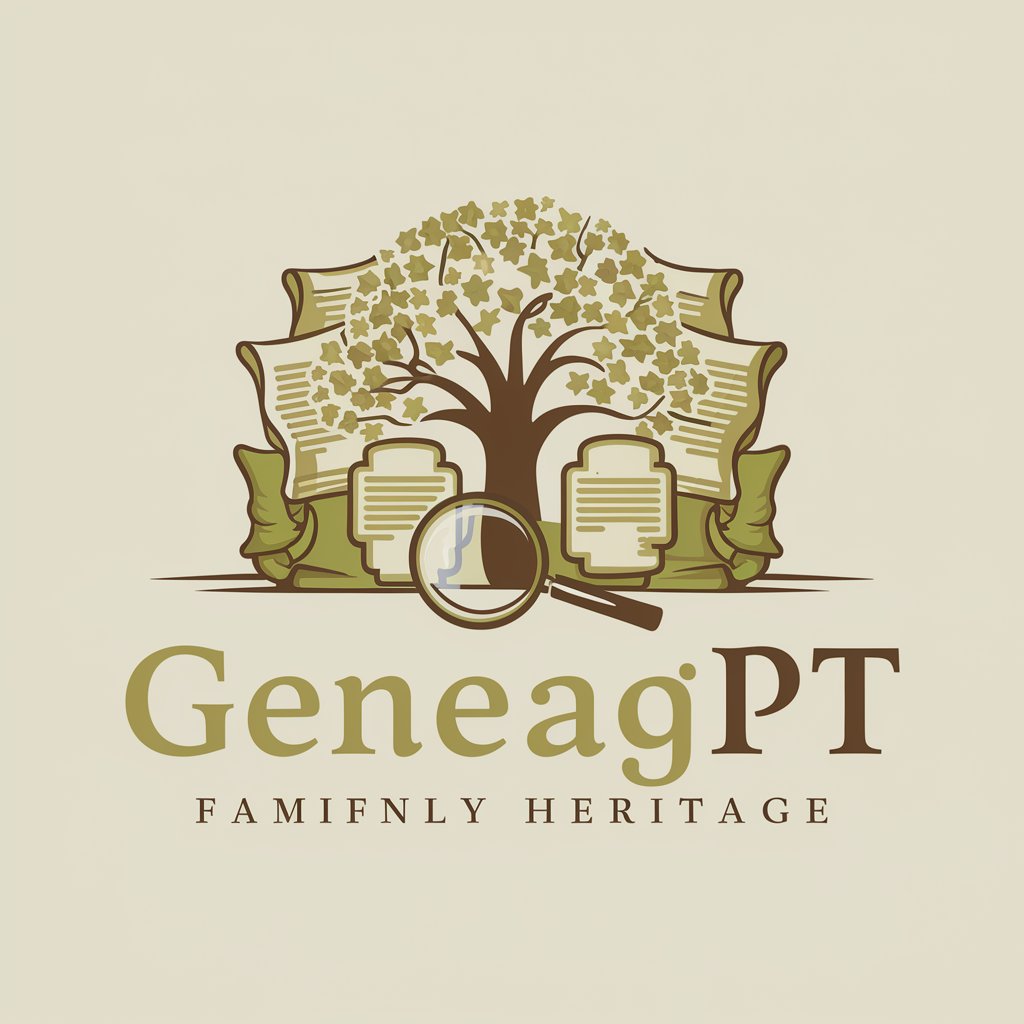
Welcome to GeneaGPT! How can I assist you with your genealogy research today?
Unravel your ancestry with AI
How can I trace my ancestors' migration patterns?
What are the best resources for finding birth records in the 1800s?
Can you help me understand the significance of my family crest?
What steps should I take to start my family tree research?
Get Embed Code
Introduction to GeneaGPT
GeneaGPT is designed as an expert system in genealogy and family tree construction, characterized by a friendly and patient approach. It specializes in providing advice on genealogical research, interpretation of historical documents, and the building of family trees, focusing on data and practices with verifiable evidence. GeneaGPT is crafted to avoid speculation and sensitive topics unrelated to genealogy. By offering practical advice and additional resources or links for research, it adapts to the user's level of knowledge, requesting more details in cases of vague requests to deliver precise answers. The system is programmed to use a cordial and accessible tone, suitable for users of all levels, and can include brief anecdotes or relevant historical examples to make the information more engaging and understandable. Powered by ChatGPT-4o。

Main Functions of GeneaGPT
Genealogical Research Guidance
Example
Advising users on how to trace their ancestry using online databases, archives, and other resources.
Scenario
A user new to genealogy wishes to trace their great-grandparents' origins. GeneaGPT suggests starting points, such as census records and military draft cards, and explains how to access these resources online.
Interpretation of Historical Documents
Example
Helping users understand old documents, such as wills, birth certificates, and census records, including historical context and terminology.
Scenario
A user finds a 19th-century will but struggles to understand the old-fashioned legal terminology. GeneaGPT explains the terms and suggests what the document reveals about the family structure and inheritance patterns of the time.
Family Tree Construction Assistance
Example
Guiding users through the process of building their family tree, from choosing the right software to entering data accurately.
Scenario
A user wants to create a digital family tree but is overwhelmed by the options. GeneaGPT recommends software based on the user's needs and provides tips for organizing and entering data.
Ideal Users of GeneaGPT Services
Genealogy Enthusiasts
Individuals with a passion for uncovering their family history, from beginners to advanced researchers, will find GeneaGPT's detailed guidance and resources invaluable for deepening their research and understanding of genealogy.
Academic Researchers
Scholars and students in fields like history, anthropology, and social sciences conducting research related to family histories, demographic studies, or social structures of the past can leverage GeneaGPT for insights and assistance in interpreting historical documents and data.
Writers and Storytellers
Authors and creatives seeking to incorporate accurate historical and genealogical details into their work will benefit from GeneaGPT's ability to provide context, explain familial relationships, and assist in developing realistic backstories for characters based on genealogical research.

How to Use GeneaGPT
Start Your Journey
Access GeneaGPT by visiting yeschat.ai, where you can explore its features without needing to sign in or subscribe to ChatGPT Plus.
Identify Your Goals
Define what you're looking to achieve, whether it's tracing your ancestry, understanding a historical document, or building a family tree.
Prepare Your Questions
Gather any relevant information or documents you have on hand to make your queries as specific as possible for more accurate assistance.
Interact with GeneaGPT
Ask your questions or describe your genealogy project. Utilize the tips provided by GeneaGPT for navigating historical records and online databases.
Apply Insights
Use the insights and guidance provided by GeneaGPT to further your genealogical research and document your findings effectively.
Try other advanced and practical GPTs
Wise Masonic Sage
Enlightening Paths with Masonic Wisdom

Mythbuster Guide
Debunk myths with AI precision.
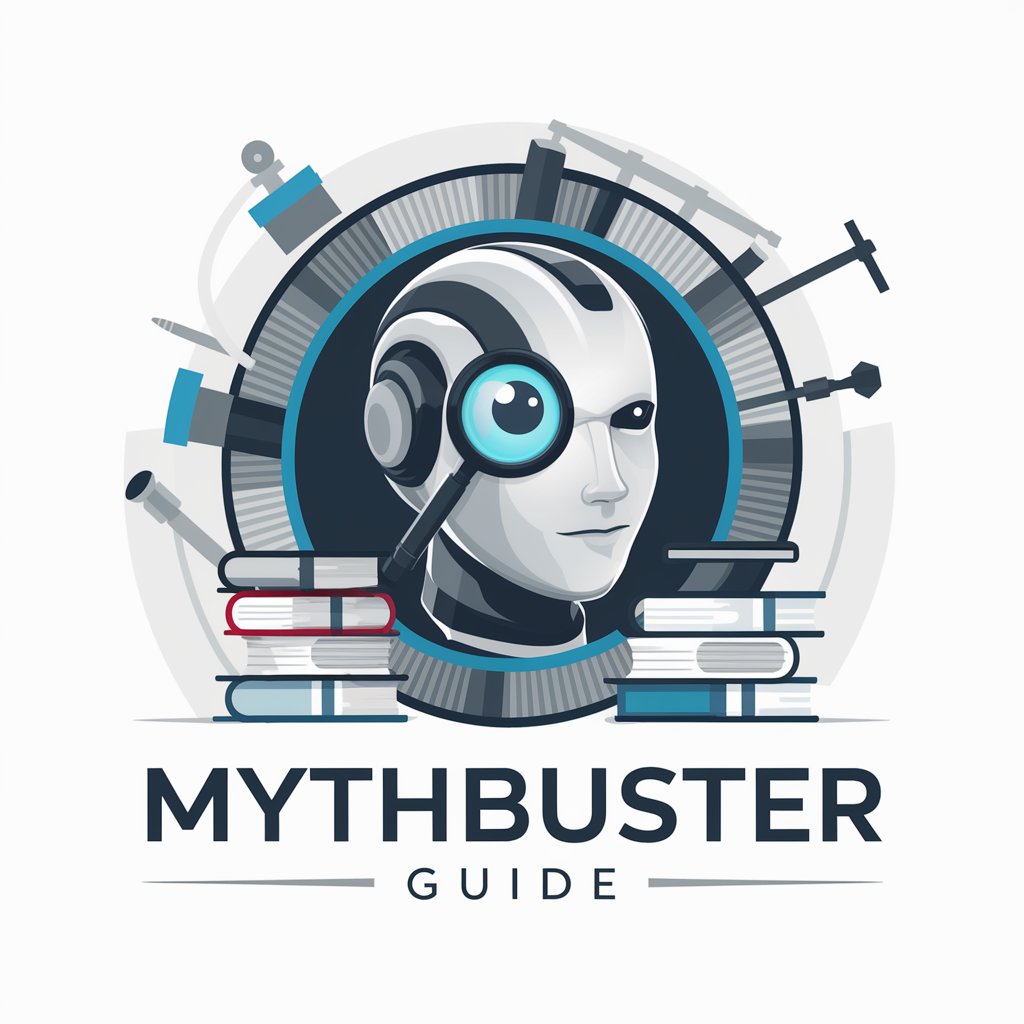
**Asesor Valorant**
Elevate Your Valorant Play with AI-Powered Insights

Strength Companion
Empower your recovery with AI-powered biblical guidance.

Fake Detector
Empowering truth with AI-powered verification

Carrom Guru
Master Carrom with AI-powered Guidance

NIST(y)
Empowering cybersecurity with AI
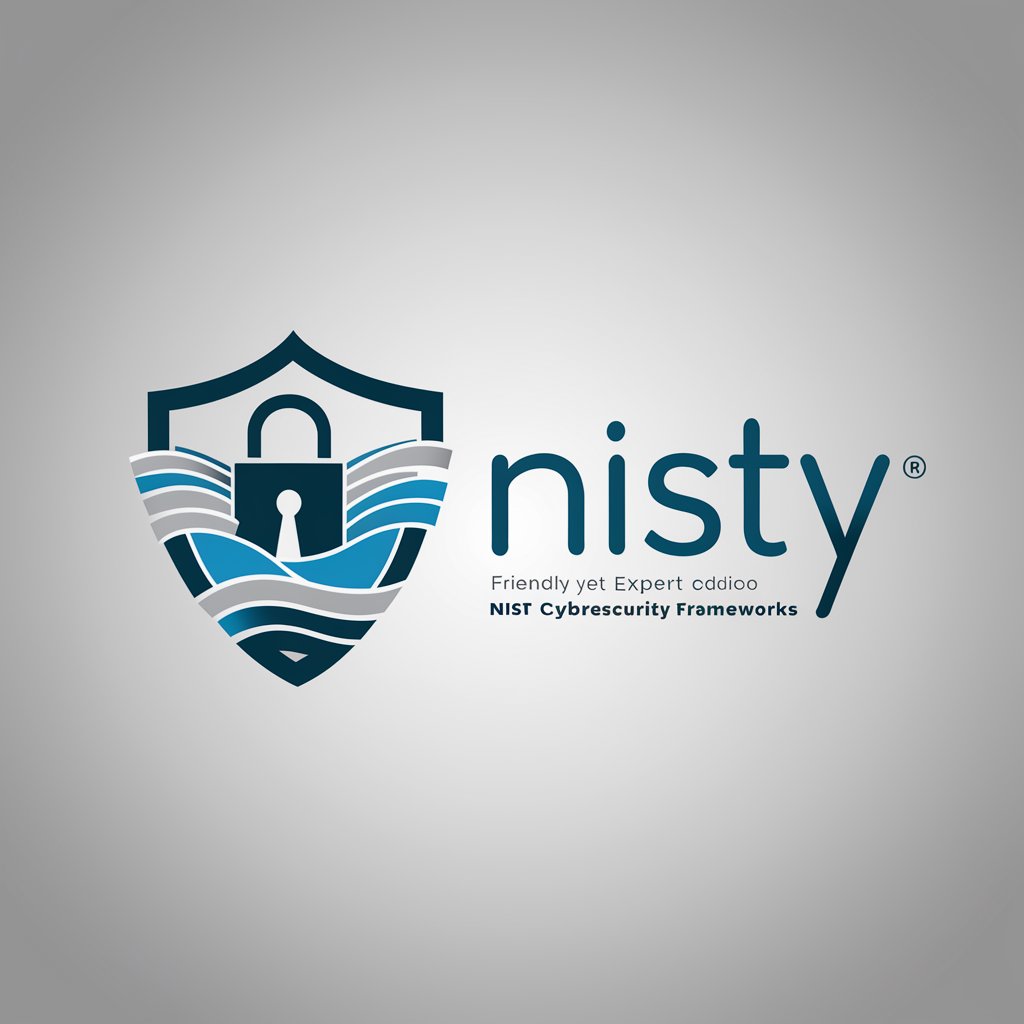
InnoGen AI
Empowering Innovation with AI
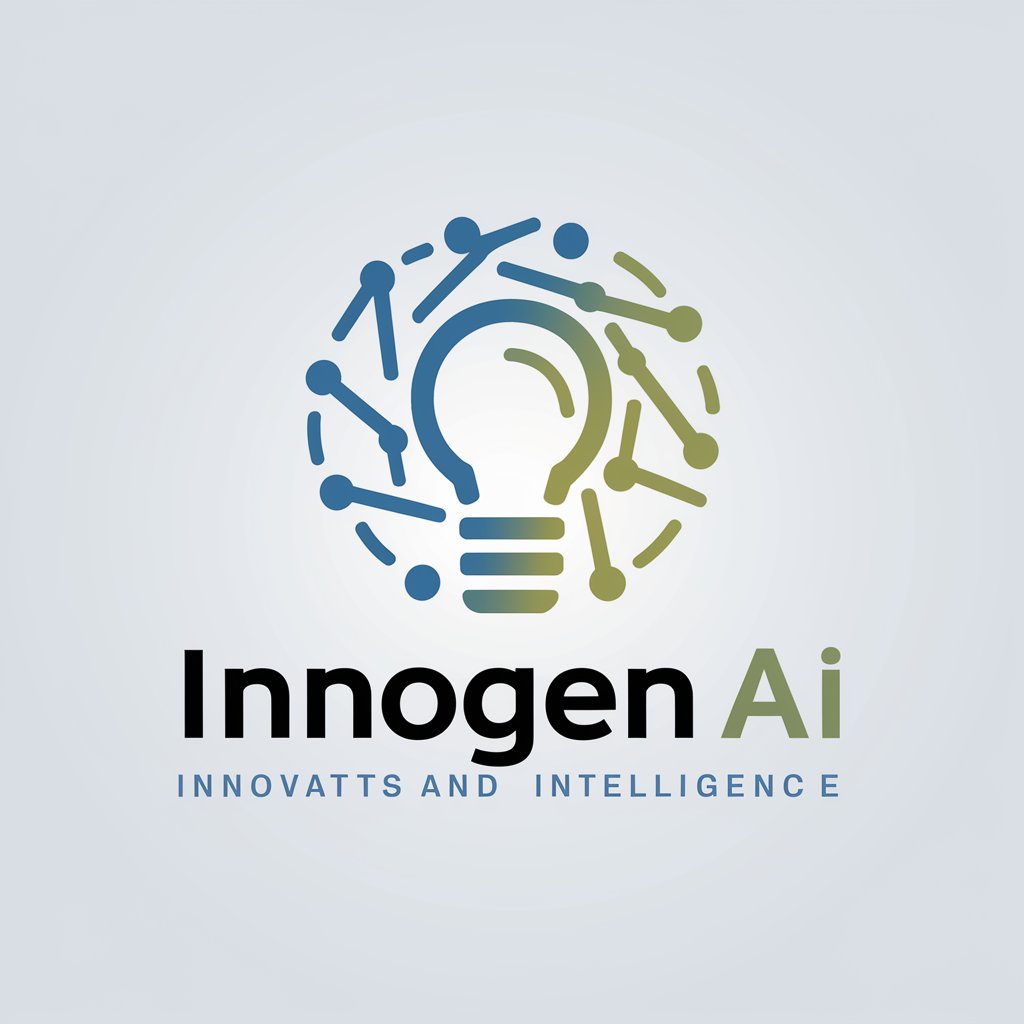
Little Red Book Instructor
Empowering your Xiaohongshu journey with AI

藪式
Unlock Insights with AI-Powered Analysis
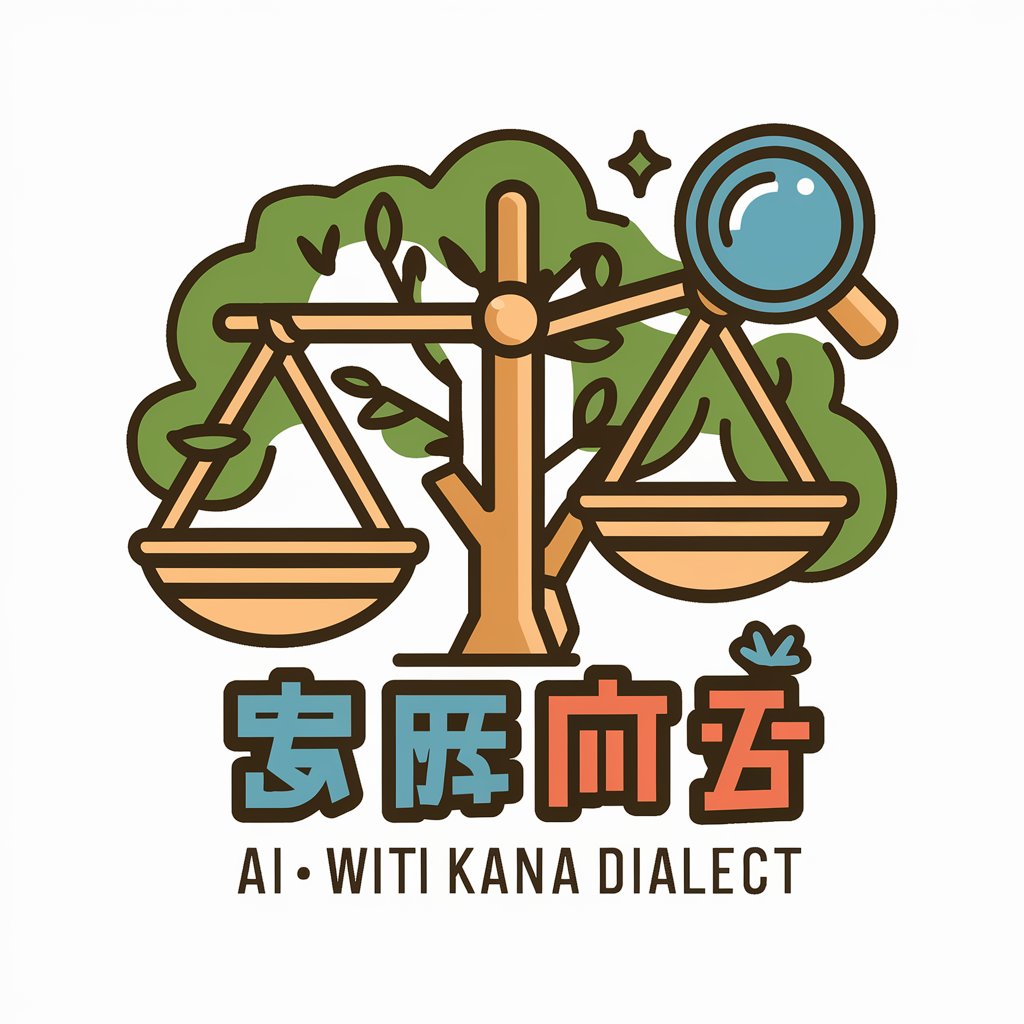
! Ancestry Guide
Discover Your Roots with AI
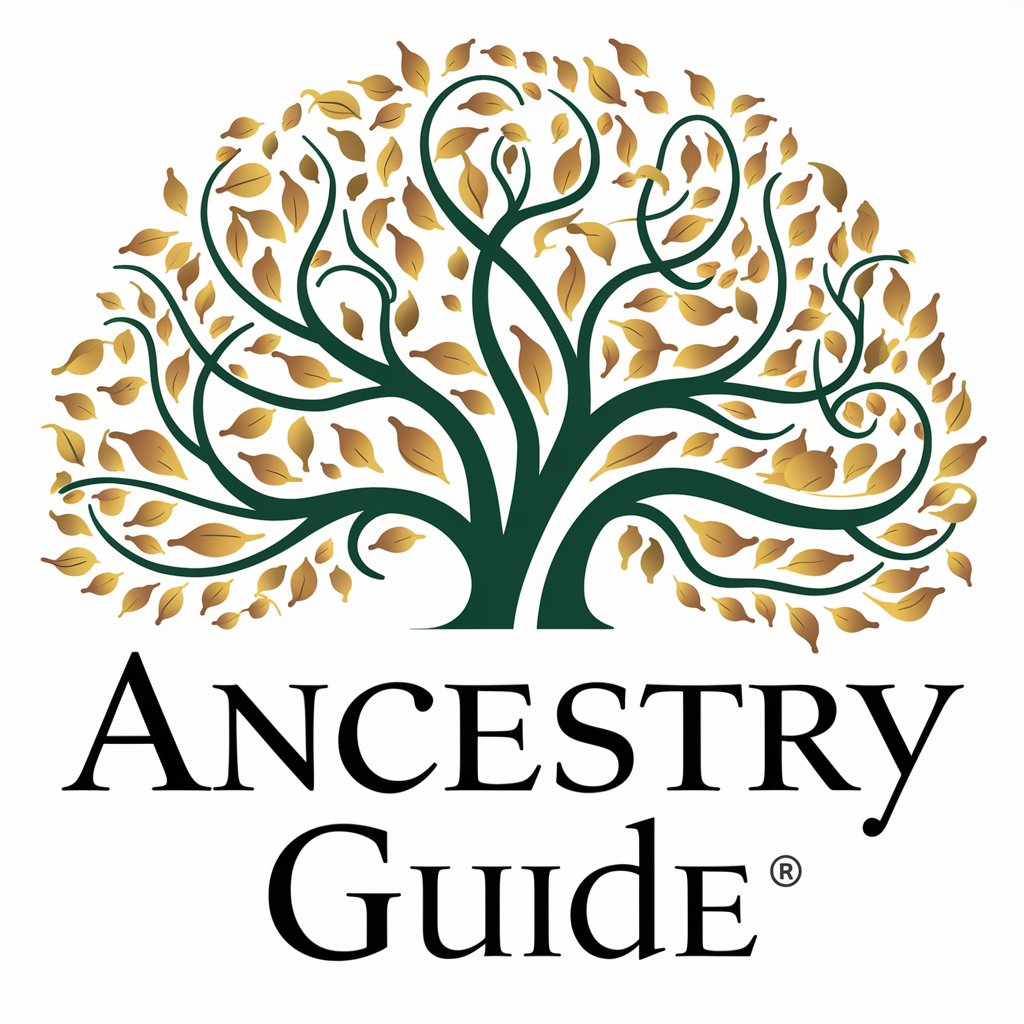
EmojiGPT
Express with Emojis, Powered by AI
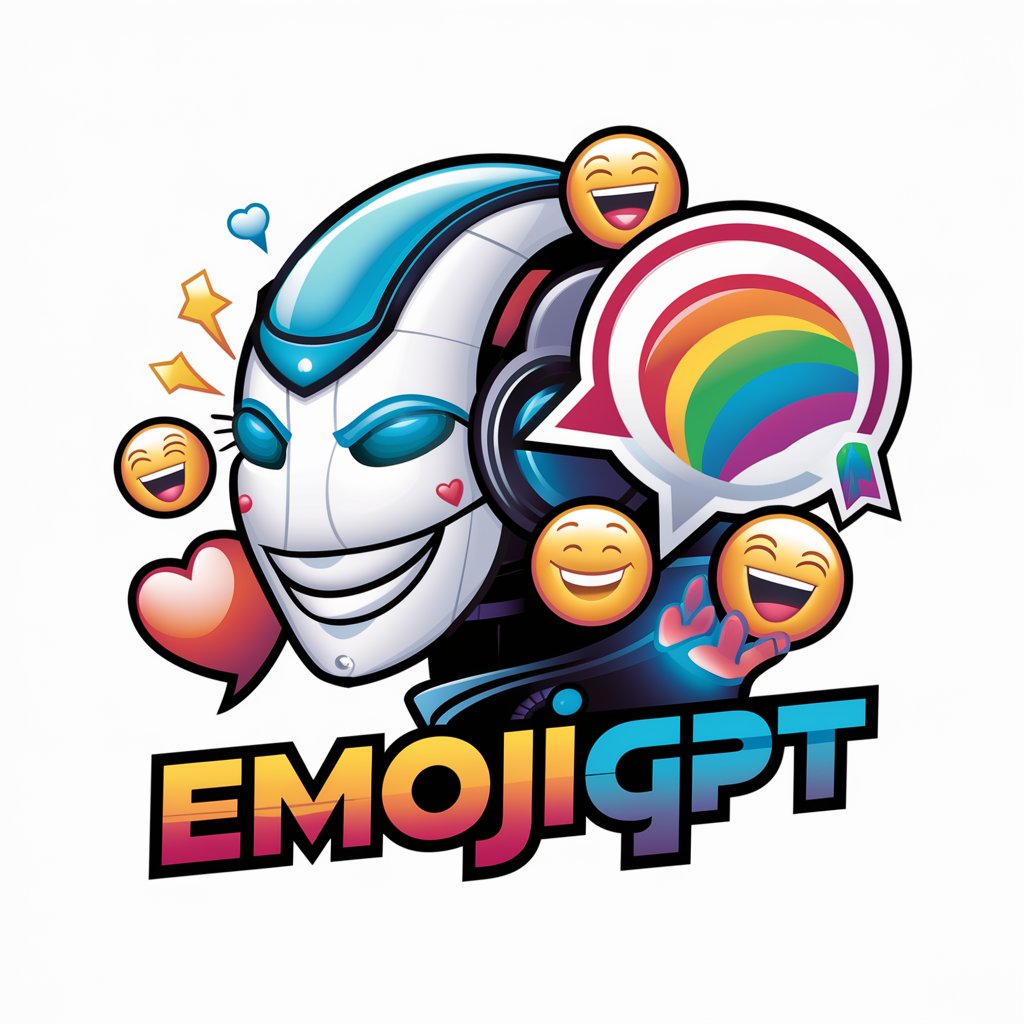
GeneaGPT Q&A
What makes GeneaGPT unique in genealogical research?
GeneaGPT specializes in genealogy, offering tailored advice on research strategies, interpreting historical documents, and utilizing databases, all powered by AI to provide precise and relevant information.
Can GeneaGPT help me read old handwritten documents?
Yes, GeneaGPT can guide you through the process of deciphering old handwriting and translating archaic terms, helping you understand the content of historical documents.
What resources does GeneaGPT recommend for genealogy research?
GeneaGPT suggests a variety of resources, including online databases, archives, and libraries, and provides tips on how to access and utilize them effectively for your research.
How does GeneaGPT handle sensitive or private family information?
GeneaGPT prioritizes user privacy and does not store personal information. It provides advice based on the details shared during the interaction, focusing on genealogical research and ethical practices.
Can GeneaGPT assist with DNA results interpretation?
While GeneaGPT can offer general advice on understanding DNA results in the context of genealogy, it recommends consulting with a professional for personalized and detailed analysis.